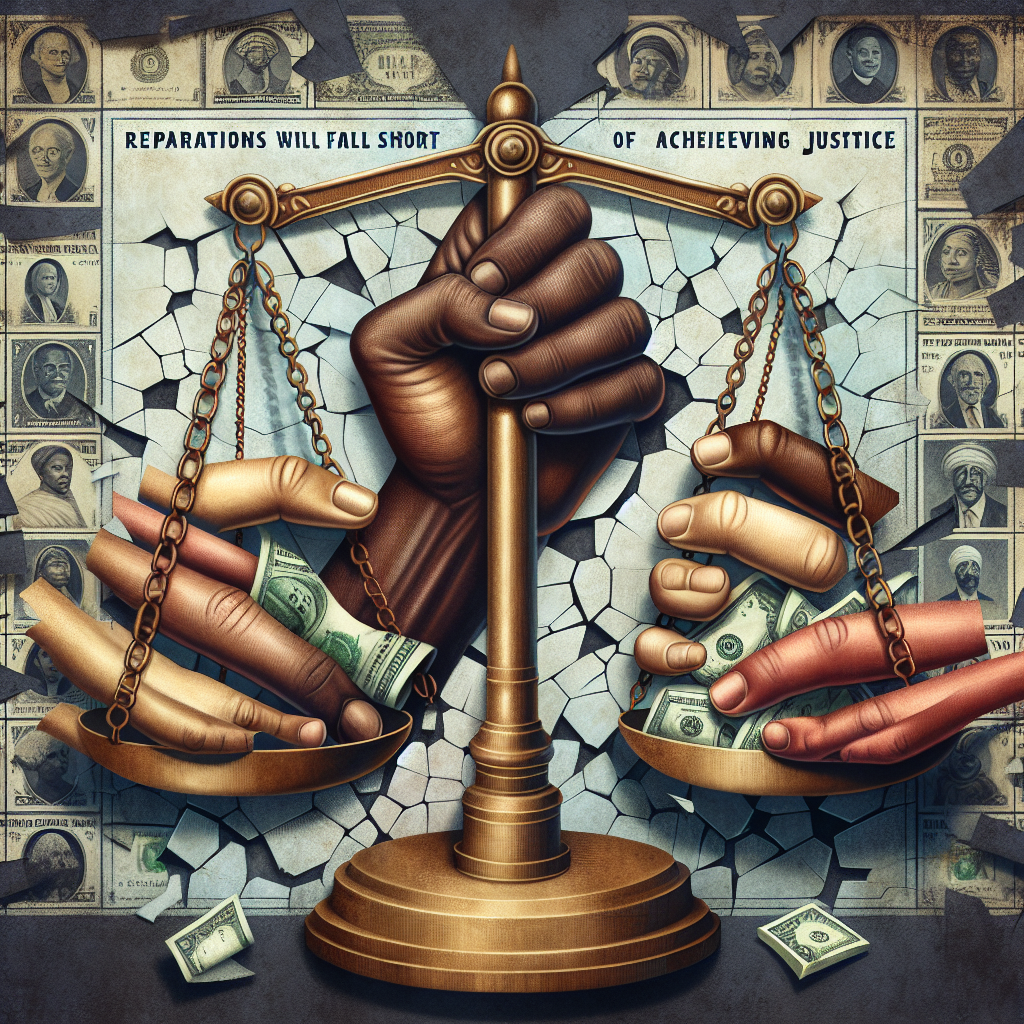The debate over reparations for slavery is gaining momentum as political figures like Kamala Harris express support for financial restitution to address historical injustices. California has taken a proactive approach by implementing a legislative package that encompasses various sectors including education, housing, and criminal justice to benefit the Black community. In a similar vein, New York has established a commission aimed at studying the impact of slavery, while Oklahoma seeks to explore options for reparations. Across the Atlantic, the Church of England is also weighing the implementation of reparations, indicating a broader recognition of the historical wrongs associated with slavery.
A recent advisory panel has proposed that the Church of England create a £1 billion fund—ten times its previous allocation—to address its historical connections to slavery. This substantial figure reflects a growing consensus that reparative justice is necessary for what is often described as a moral crime against humanity. While the rationale for reparations usually rests on the principle that slavery and its consequences are fundamentally wrong, a critical concern remains: identifying who should be held accountable for rectifying these historical injustices. Philosophers like H.D. Lewis emphasize that ethics demand individual responsibility, suggesting that no one should pay for the wrongdoings of others.
Proponents of reparations contend that it is the state—not individuals—who should shoulder the financial burden of restitution. However, this raises the question of how government funds are sourced, as they ultimately derive from taxpayers who may have no personal connection to the historical injustices in question. Critics argue that even if such measures are democratically endorsed, this does not transform unjust actions into just ones. They echo sentiments from figures such as David Gordon, who insists that taxation without personal culpability feels unjust, regardless of majority support. This concern reinforces the notion that imposing financial reparations solely through legislative means might serve more as a redistribution of wealth rather than a genuine act of justice.
Moreover, the very concept of justice underlying the reparations movement is deemed flawed by some critics, who assert that it relies on unjust methods to achieve a just outcome. Justice itself, they contend, should be predicated on equity and fair process. Thus, leveraging taxation as a means to fund reparations could potentially foster new resentment and rekindle existing racial tensions, while failing to achieve true justice. For instance, California’s reparations package aims to enhance opportunities for Black and low-income residents, but this unilateral approach raises questions about fairness and acceptance among all Californians who contribute to this financial endeavor.
The Evanston, Illinois reparations program illustrates further complications arising from race-based policies. Following its initiation, a lawsuit emerged from a conservative group contesting the program’s legality. They argued it discriminated against non-Black residents and constituted a redistribution of tax dollars based on race, which many assert violates constitutional principles. This case highlights a growing contention that creating new grievances against innocent individuals, regardless of their race, as a means to rectify historical injustices is inherently flawed. The outcome of such lawsuits could have significant ramifications for similar initiatives across the country.
As the discourse surrounding reparations for slavery evolves, it poses fundamental questions about the principles of justice and equity. Supporters of reparations confront the challenge of aligning their moral imperatives with practical, fair implementation, while critics emphasize the inherent problem of imposing new injustices in an effort to remedy past wrongs. Ultimately, as discussions unfold in influential sectors, including government and religious institutions, the complexities of reparations demand a nuanced, carefully considered approach to ensure that the burden of rectifying historical injustices does not unduly harm innocent individuals today. The varied responses to reparations reveal a society grappling with its past while striving for a just future.

